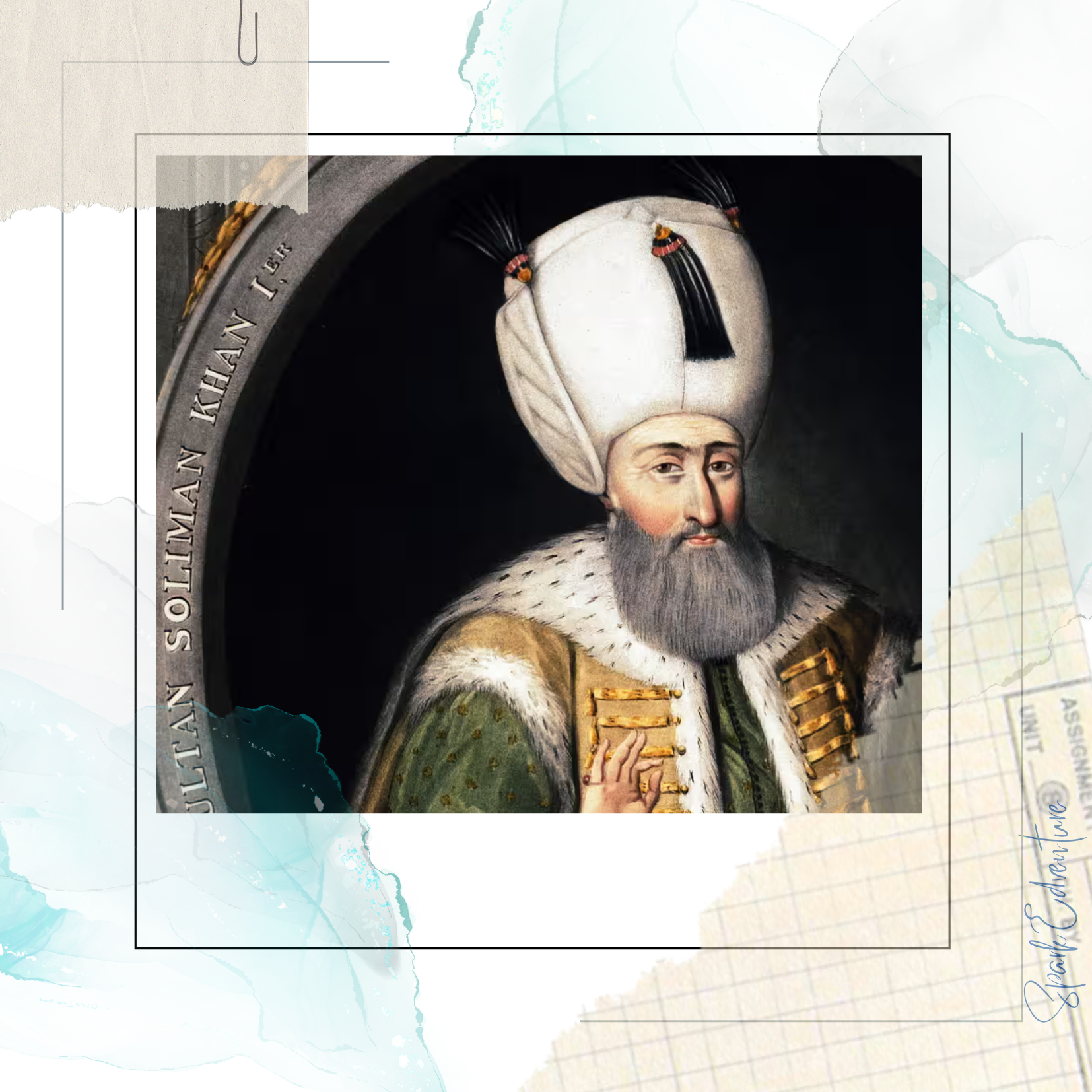
The Ottoman Empire
The Ottoman Empire was a vast and enduring power that shaped the course of history across three continents for over 600 years. From its beginnings as a small Anatolian principality under Osman I to its peak under Suleiman the Magnificent, the empire combined military strength with administrative innovation and religious tolerance. Its strategic location controlled key trade routes between Europe and Asia, while its diverse population lived under a system that balanced local autonomy with imperial authority. Despite challenges and eventual decline, the Ottoman legacy remains deeply woven into the culture, politics, and history of the modern Middle East, Europe, and North Africa.

Empires: The Rise, Legacy, and Lasting Impact of History’s Greatest Powers
Empires have shaped the course of history, defining borders, spreading religions, and influencing languages that persist today. From the military conquests of Rome to the legal codes of Mesopotamia, empires expanded through strategy, governance, and cultural integration. But no empire lasts forever—economic struggles, internal conflicts, and external invasions have brought down even the most powerful civilizations. This article explores what makes an empire rise and fall, the innovations they left behind, and how their legacies continue to impact the modern world.
